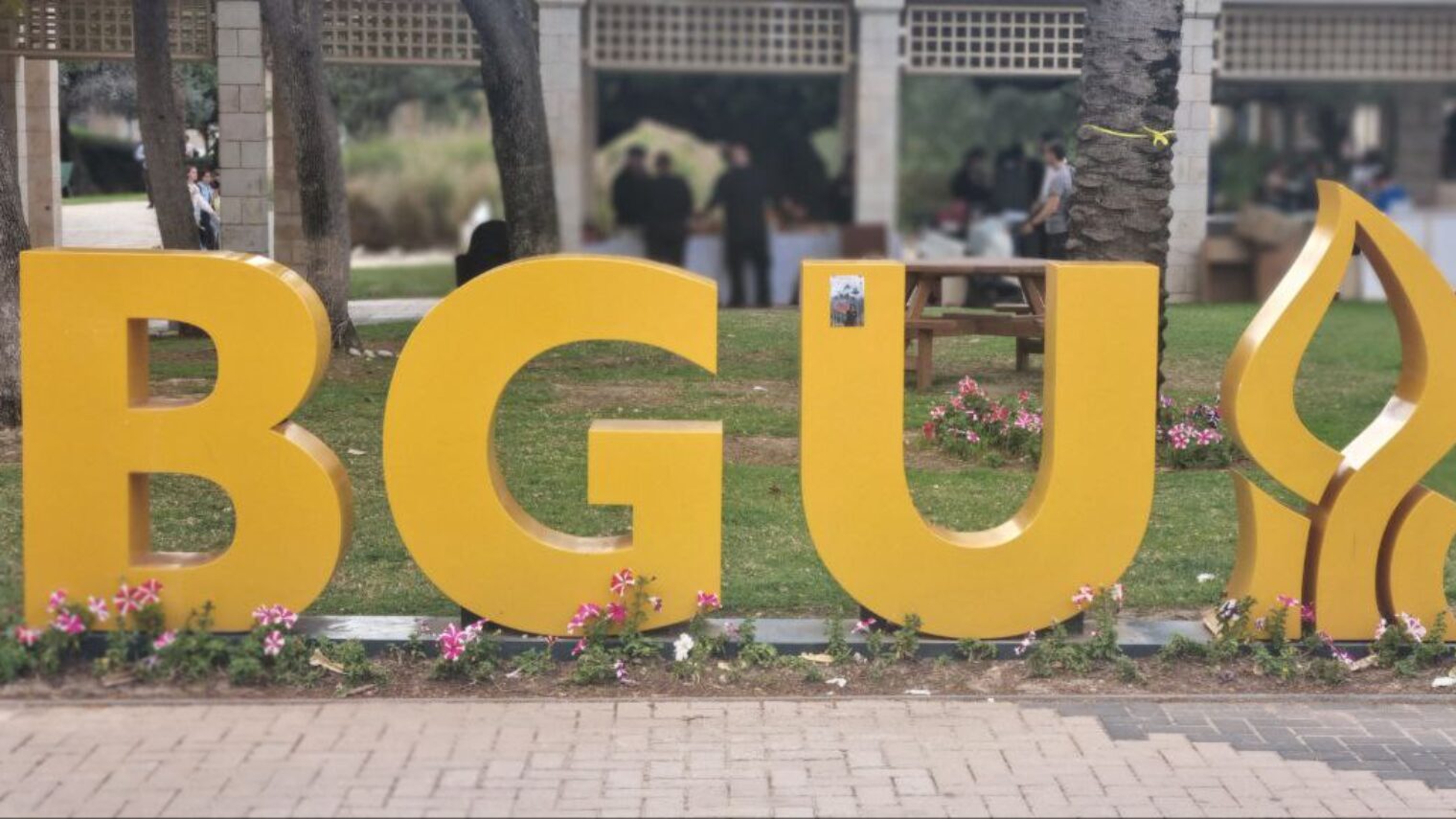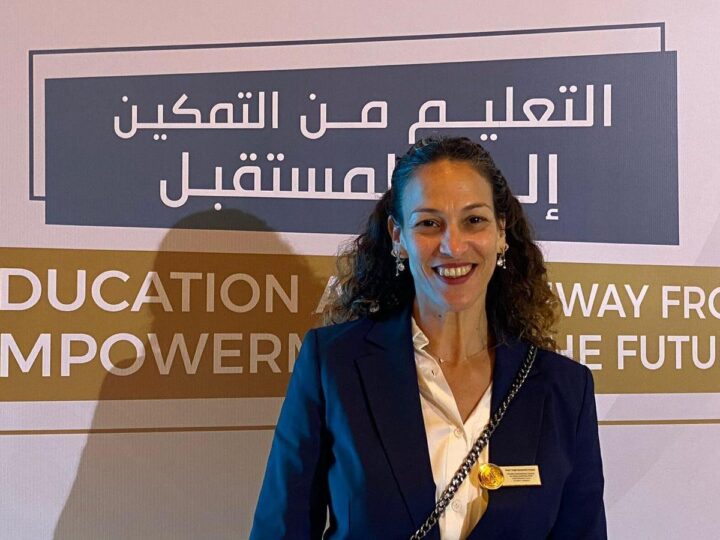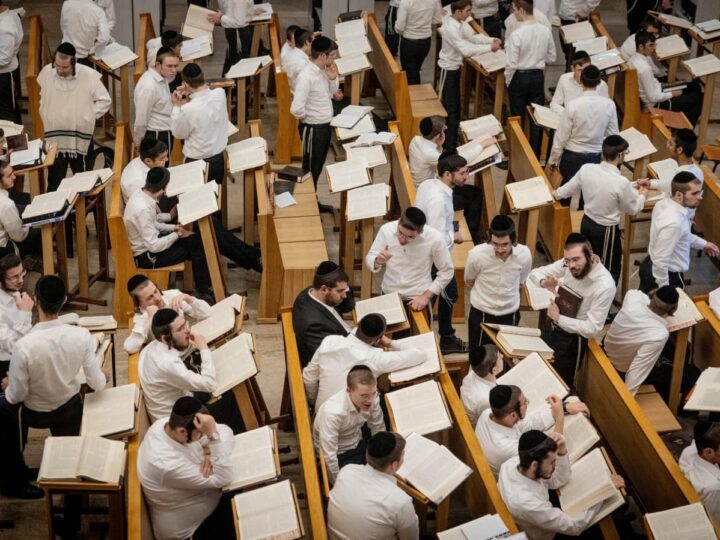Even before the October 7 attacks and the subsequent war in Gaza, Ben-Gurion University of the Negev (BGU) in Beersheva was the main higher education institution in southern Israel. In fact, it is the only official university in the Negev.
BGU, along with the affiliated Soroka University Medical Center, is the largest employer in the area, facilitating research and generally helping elevate the socioeconomic status of the battered south, which was struggling even before the current war.
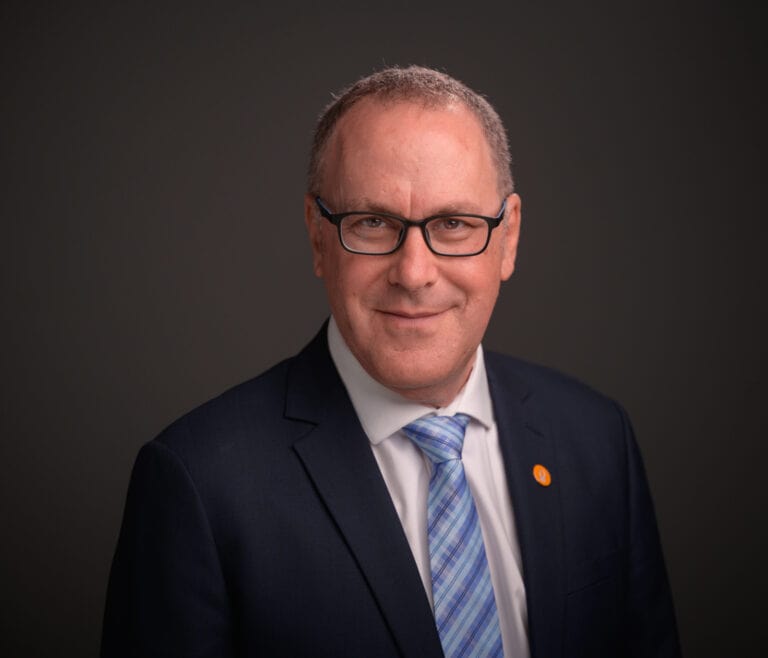
“This may be a bombastic statement, but I believe BGU is the most important university for the future of Israel,” BGU President Prof. Daniel A. Chamovitz tells ISRAEL21c.
“I believed this before October 7 because with every resource going into Tel Aviv, the only place the young generation will be able to build its future is in the Negev.”
Chamovitz adds, however, the only way younger Israelis would want to settle in the south is if there is a large cosmopolitan metropolis. “BGU is the engine that is helping to build it.”
Technological spillover
BGU is also one of the owners of the Be’er-Sheva High-Tech Park, where many high-tech companies have opened offices over the past few years.
“Before, there were no tech jobs in the area,” he says, leading many BGU engineering and computer science students to leave the area after graduation.
Now, around 3,000 engineers are employed by companies located in the High-Tech Park. “At least 70 percent of them are BGU graduates,” Chamovitz adds.
As a result, IDF’s Intelligence Corps Unit 8200 has decided to build a base adjacent to the university.
“So the soldiers could get their education with us and benefit from the technological spillover from the university.”
Disproportionately impacted
Over the past five months, the university’s importance was amplified further. BGU’s community has been disproportionately impacted by the war compared to any other university in Israel.
“So far, 110 members of our community have been killed in the war, including those who were murdered on October 7. We have five hostages still in Gaza,” says Chamovitz.
Noa Argamani, whose kidnapping by Hamas on October 7 went viral on social media, was a third-year computer science student at the university. Banners and posters calling for her release are hung all over the BGU campus.
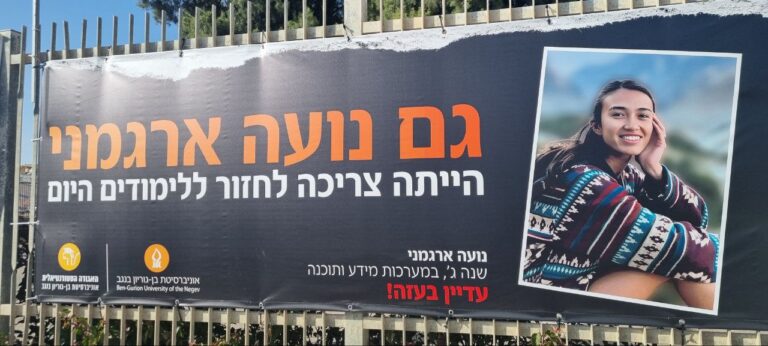
“We also provided housing for people displaced by the war in our Eilat campus. We provided housing here in Beersheva to medical staff, volunteers and soldiers who didn’t have a place to sleep. We set up distribution centers in our campus, and set up kindergartens in the university’s bomb shelter,” he notes.
“This was all organized by our students and our staff, while the government had gone AWOL for a while.”
The university has also tripled its psychological services for both students and the staff since the start of the war.
In addition, BGU’s Department of Social Work has launched an accelerated course to retrain graduates of other fields to help overcome the shortage of social workers in the Negev.
Most reserve soldiers of any university
Since the start of the war, nearly 6,000 BGU students have been drafted for reserve duty. “That’s by far more than any other university in Israel,” notes Chamovitz, an American-born plant geneticist.
BGU was only closely followed by Technion – Israel Institute of Technology, which had 5,000 students drafted for reserve duty.
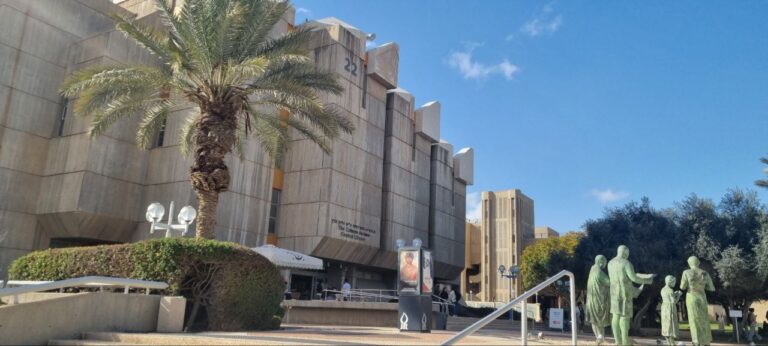
“When we postponed the academic year in October, no one thought that we’d be well into March still with soldiers in Gaza,” says Chamovitz.
The academic year eventually opened at the end of December and Chamovitz says
the university is determined to help the reserve soldiers reintegrate into civilian life. But he admits, “We are learning on our feet. We are still not 100% sure how it’s going to work.”
He says, however, the reservists who have come back want to get into the swing of things as quickly as possible.
“There was a question of whether to hold the annual Purim party on campus when there is still death and destruction going on. And it was actually the reservists who pushed for the party. They came back to live, not to be in mourning.”
The Bedouin
The Arab Bedouin community comprises around 34% of the population of the Negev. The majority of the 600 Arab students at BGU are Bedouin Israelis.
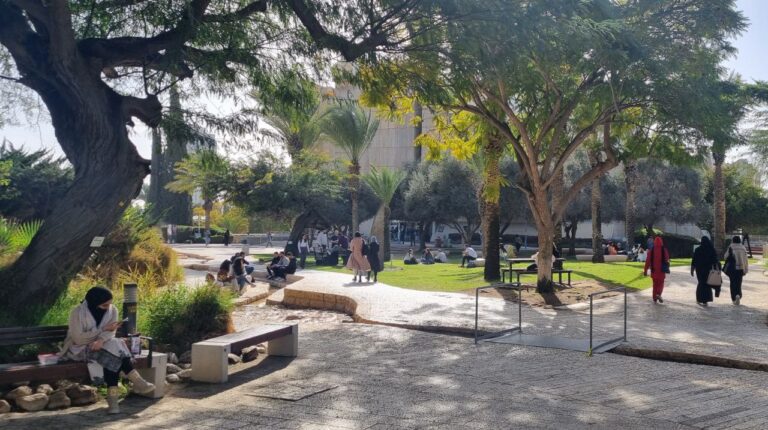
This is actually the lowest percentage of Arab students compared to any other Israeli university.
“Unfortunately, the Bedouin community is the least educated of all the Arab populations in Israel,” says Chamovitz, who adds that the Education Ministry has a responsibility to encourage more Bedouins to go into higher education.
The Hamas attacks hit the Bedouin community with a “double whammy,” Chamovitz notes. Some were killed and others were kidnapped to Gaza, putting their families in a unique and difficult position.
However, he has observed that the campus atmosphere is calm and quiet despite whatever tensions Jews and Arabs may be feeling. “Everyone is on their best behavior.”
Coming full circle
Chamovitz immigrated to Israel from the United States in 1984 with a dream “to be a kibbutznik in the Negev.”
Instead, he went on to study plant genetics. “I got sucked into the academic avenue. For 24 years I had a plant genetics lab at Tel Aviv University. My field was food security. I was trying to feed the world,” he explains.
Six years ago, Chamovitz got a call that would drastically change his direction in life.
“They asked me if I would be interested in becoming the president of BGU. At first I thought: ‘What’s there between me and a university presidency?’”
Chamovitz says that his wife was the one who pushed him to take the job, convincing him that becoming the president of the only university in the Negev would in a way fulfill his childhood dream.
“That’s how, in 2019, I officially became the president of BGU — coming full circle in my Zionist story.”
Trickle-down effect
Chamovitz is now into the first year of his second term as president. And he definitely has had his work cut out for him.
“My five years have been characterized by the world’s largest pandemic, political instability of the country and now Israel’s largest war ever. Aside from that it’s been great,” he chuckles.
He says that following October 7 there has been an increased interest in the university from individuals and bodies abroad.
“People are reaching out from all over the world, asking how they can help rehabilitate the Negev.
“Tel Aviv will always have more advantages due to the amount of people and capital there. My goal isn’t to be the number one university in the country, my goal is to have the largest impact possible — especially in the Negev,” he says.
“The [terrorists’] goal on October 7 was to cut off the Negev. What is going to keep the Negev resilient in the face of these sorts of events is developing BGU.”
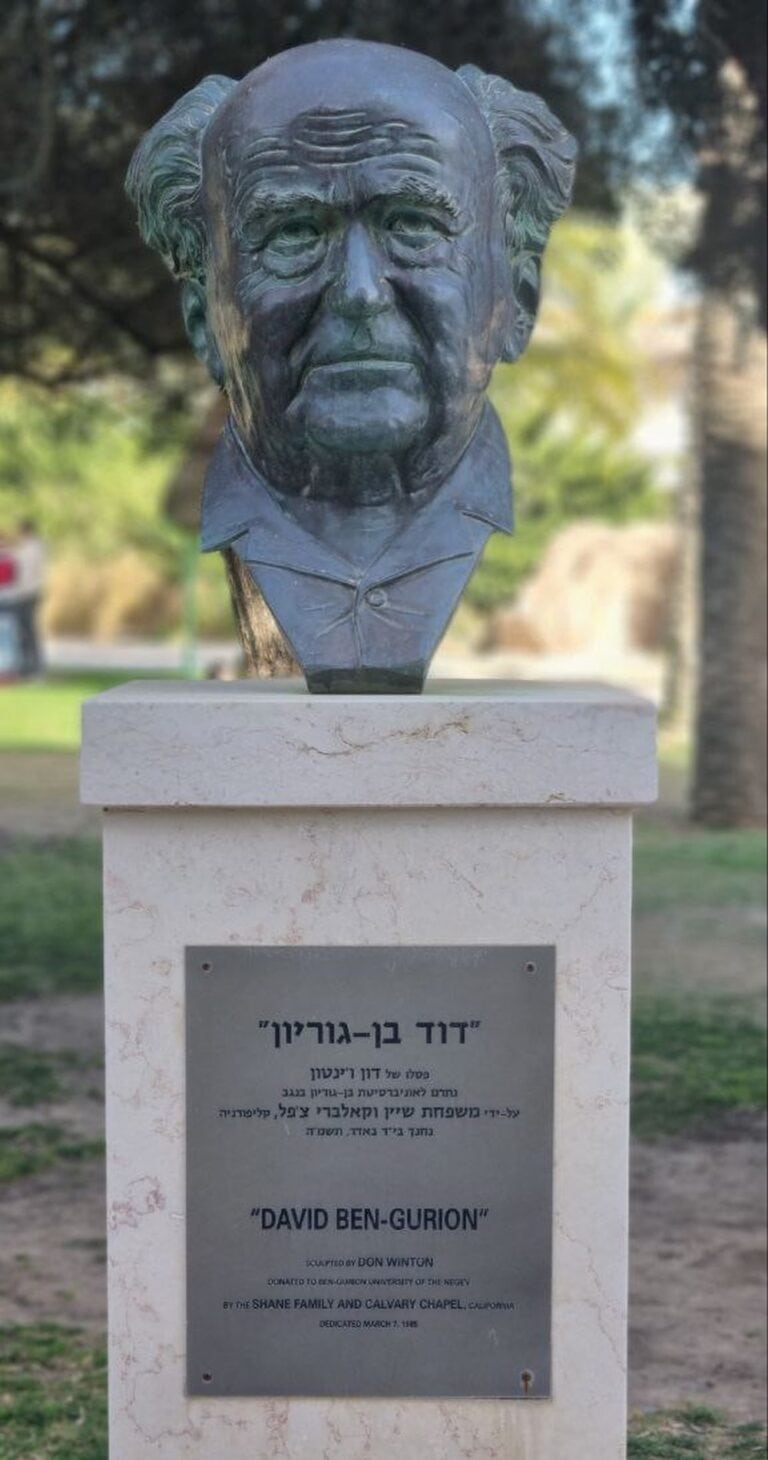
Quoting David Ben-Gurion, Chamovitz concludes: “If we won’t make a stand in the Negev, we won’t be making a stand in Tel Aviv… And Israel needs to take this into account now.”




